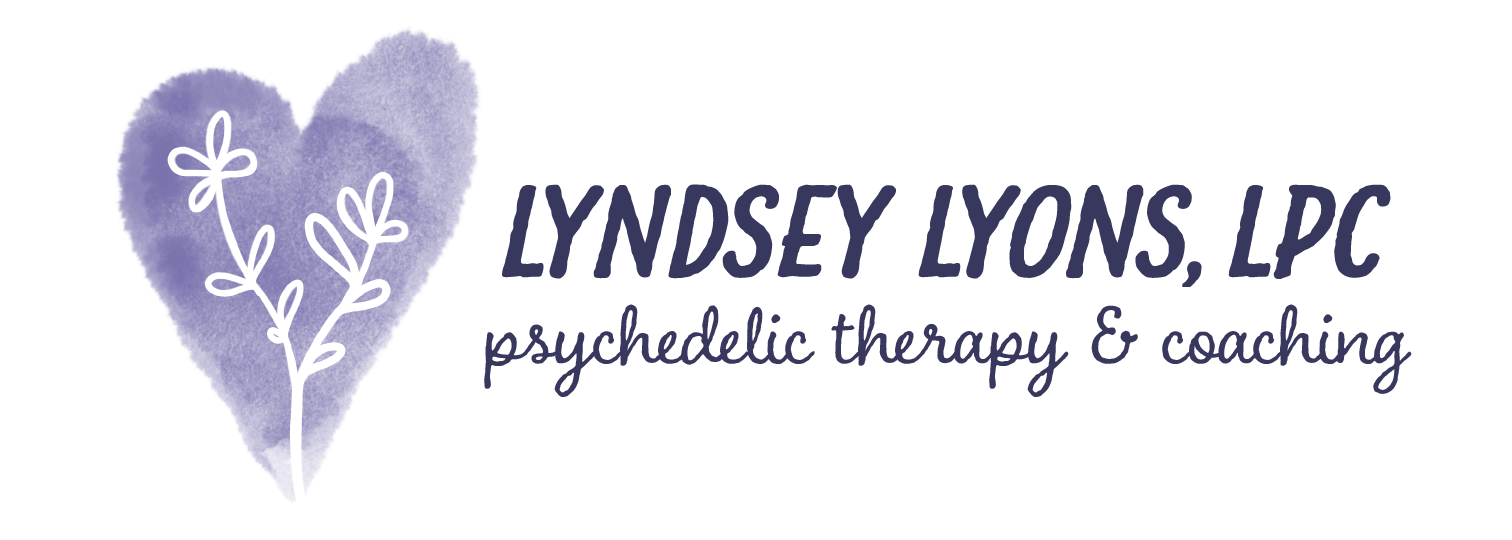PSYCHEDELIC PSYCHOTHERAPY
With the passing on proposition 122 in Colorado, I am excited to offer psychedelic psilocybin therapy when it becomes legally available (likely in 2025).
Psilocybin Therapy Current Research
Johns Hopkins Center for Psychedelic & Consciousness Research was the first institution in the United States to receive regulatory approval to research psilocybin and psilocin, the active ingredients in psychedelic mushrooms, in 2000. Their landmark study in 2006 showing the benefit and safety of psilocybin has been credited with spurring worldwide interest in psychedelic research. Since that time, they have published 150 peer-reviewed studies in scientific journals and are the leading psychedelic researchers in the US. They have studied the use of psilocybin in conditions such as major depressive disorder (MDD), existential distress related to life-threatening illness, obsessive-compulsive disorder (OCD), substance use disorders, eating disorders, and other challenging conditions, as well as use in healthy volunteers.
Some key findings:
- 2020 publication of the first randomized controlled trial of the efficacy of psilocybin for major depressive disorder showed that 71% of participants had a clinically significant response and 51% of participants were in remission one month later.
- 2016 publication on the palliative effects of psilocybin in cancer patients is the largest and most rigorous study to date showing that psilocybin provides large and sustained decreases in anxiety and depression in patients diagnosed with life-threatening cancer.
- 2014 and 2017 publications on using psilocybin for smoking cessation demonstrated that 80% of participants were free of tobacco use 6 months after their session, as compared to less than 35% of participants who used the current medications that were considered most effective.
- 2006 and 2008 publications on administering a single high-dose psilocybin session to psychedelic naive participants found that 67% of participants rated the experience among the top 5 most meaningful experiences of their lives and led to positive changes in mood, behavior, and attitudes for 14 months or longer. Further, 64% of participants stated that the experience increased their life satisfaction and well-being.
Based on the outcome of Phase 1 and 2 clinical trials, the Food and Drug Administration (FDA) designated psilocybin a “breakthrough therapy” in 2019 for major depressive disorder and treatment-resistant depression. This means psilocybin may be a significant improvement over current FDA-approved therapies. Additionally, randomized controlled clinical trials and peer-reviewed medical literature suggest that psilocybin may improve symptoms of depression, anxiety, end-of-life distress, various forms of trauma, and problematic substance use. However, it is important to state that currently, this therapy is not yet FDA-approved and is still Schedule I at the federal level.
Psilocybin Historical use
Before psilocybin mushrooms were ever being researched by well-respected academic institutions, they were being used for medicinal, ritual, and spiritual reasons for thousands of years. In fact, evidence of psychedelic mushroom use was found illustrated on a mural in Australia that Archeologists date back to 10,000 BCE. Indigenous cultures throughout the world have safely used psilocybin-containing mushrooms for ceremonial healing, as part of ancient and sacred traditions.
Psilocybin mushrooms have not only been used for healing illnesses but have also been used by healthy individuals in what has been referred to as the betterment of well people. Countless anecdotal reports and limited research has pointed to psilocybin being a powerful tool for self-improvement, increasing well-being, improving mood, overcoming patterns, gaining insight, problem-solving, enhancing creativity, optimizing potential, spiritual connection, and unity experiences. Neuroimaging studies have revealed that psilocybin increases neural connectivity, leading to enhanced communication between brain regions that are typically isolated. This increased connectivity may explain the profound and long-lasting effects of psilocybin on mental health.
